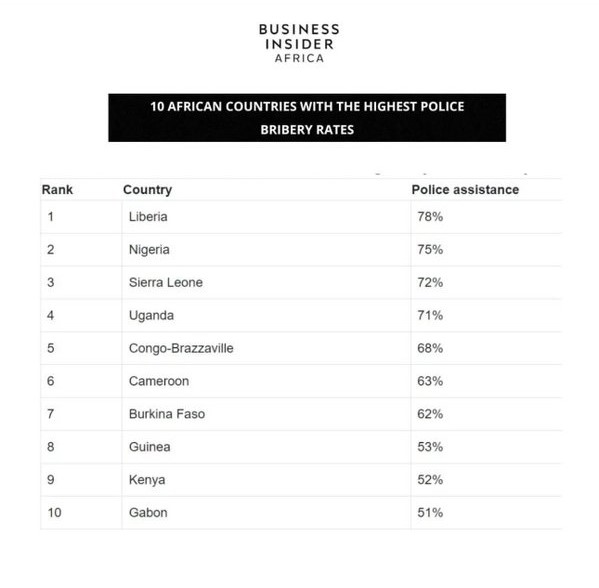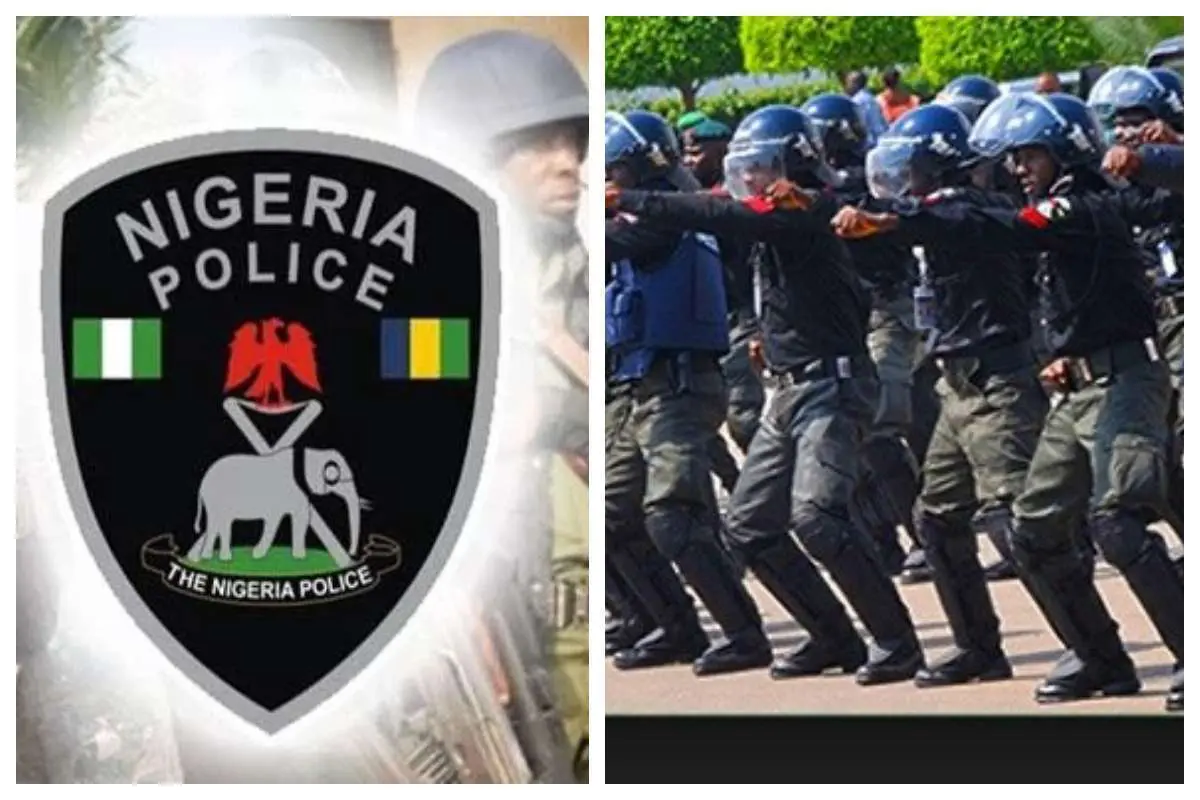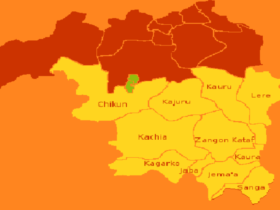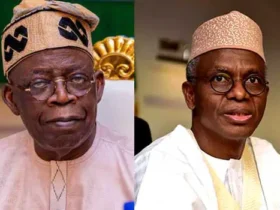A recent survey conducted by Afrobarometer sheds light on the prevalence of police bribery across the African continent, revealing significant challenges citizens face when accessing law enforcement services. The survey, conducted between 2021 and 2023 across 39 African countries, highlighted that only one in three Africans perceive their police forces as operating professionally and respecting citizens’ rights.

Among the survey’s key findings is the issue of bribery, with a substantial portion of respondents reporting instances where they had to pay bribes to the police when seeking assistance. In Nigeria, the second most populous country in Africa, the rate of police bribery stands at a staggering 75%.
The survey revealed that the need for bribes often arises when citizens report crimes or seek help in emergencies, indicating a systemic issue within law enforcement agencies across the continent. This requirement for bribes complicates the already challenging task of accessing security services for many Africans.
The prevalence of corruption within police forces has been identified as a significant factor contributing to low public trust in law enforcement institutions. Negative perceptions of police professionalism and corruption are closely linked to citizens’ sense of insecurity and dissatisfaction with government performance in reducing crime rates.
The top 10 African countries with the highest police bribery rates, according to the survey, are as follows:
- Liberia – 78%
- Nigeria – 75%
- Sierra Leone – 72%
- Uganda – 71%
- Congo-Brazzaville – 68%
- Cameroon – 63%
- Burkina Faso – 62%
- Guinea – 53%
- Kenya – 52%
- Gabon – 51%
These findings underscore the urgent need for reforms within law enforcement agencies across Africa to address issues of corruption and improve the professionalism and integrity of police forces. Despite existing laws aimed at combating corruption, the enforcement of these laws often faces challenges, leading to continued impunity among corrupt officials.









Leave a Reply